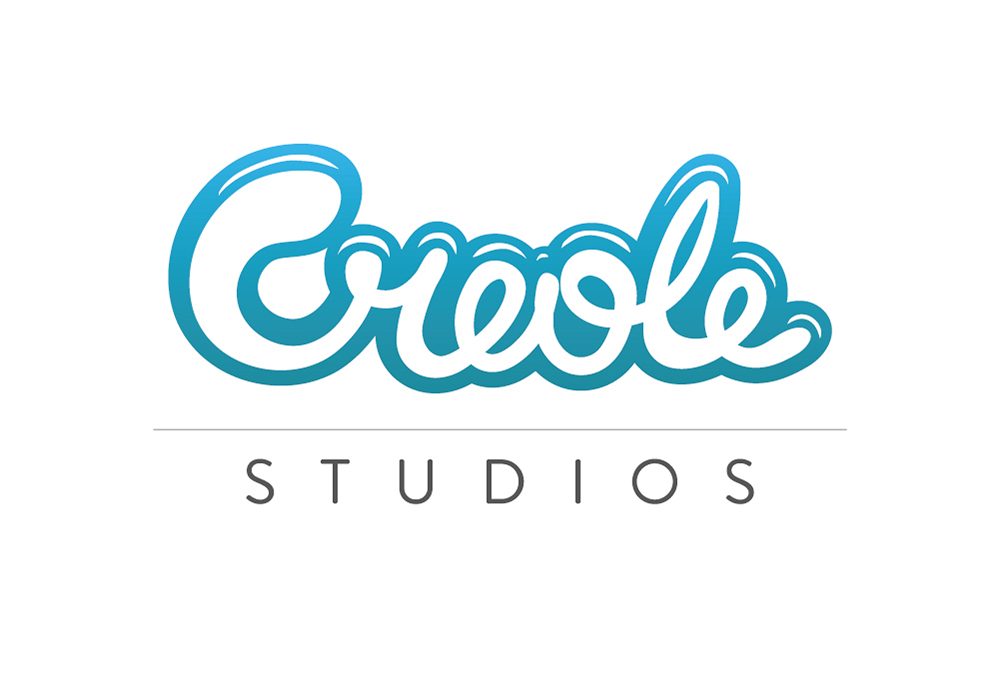
Introduction MVP Development Services for Startups
Launching a startup is an exhilarating journey filled with excitement, ambition, and the promise of innovation. However, amidst the enthusiasm, startups often face daunting challenges, including limited resources, tight timelines, and the need to prove their concept in a competitive market. This is where the concept of MVP (Minimum Viable Product) development becomes indispensable.
MVP development offers startups a strategic approach to building and launching their products efficiently and effectively. At the heart of this process are MVP development services, which provide startups with the expertise, resources, and support needed to bring their ideas to life. In this blog post, we’ll delve into the world of MVP development services, exploring what they entail, why startups need them, and how they can pave the way for success in the startup landscape.
10 Tips to MVP Development Services for Startups
In the dynamic realm of startups, navigating the path from ideation to market validation requires strategic planning, efficient resource allocation, and agile execution. Central to this journey is the development of a Minimum Viable Product (MVP) – a foundational step that allows startups to test their assumptions, gather feedback, and iterate based on real-world insights. However, Choosing the Right MVP Development Company can be daunting amidst a sea of options. To aid startups in this crucial decision-making process, we present 10 invaluable tips for selecting MVP development services that align with your vision and propel your startup towards success.
Tip 1: Define Your Requirements Clearly
A well-defined roadmap is crucial for MVP success. Start by articulating your startup’s objectives, target audience, and core features. Clearly outlining these requirements ensures that your MVP development stays focused and aligned with your Business Plan Template
Tip 2: Assess Experience and Expertise in MVP Development Services
When choosing an MVP development service provider, experience matters. Look for providers with a proven track record in MVP Development Services for Startups. Assess their expertise, technological capabilities, and industry knowledge to ensure they can effectively translate your vision into a successful MVP.
Tip 3: Look for Customization Options in MVP Development Services
Every startup is unique, and your MVP development process should reflect that. Seek out MVP development services for Startups that offer customization options tailored to your specific needs and requirements. Flexible solutions can accommodate your startup’s distinct vision and help you stand out in the market.
Tip 4: Check Portfolio and Case Studies of MVP Development Services
Before committing to an MVP development service provider, take the time to review their portfolio and case studies. Look for evidence of successful MVP launches and satisfied clients within your industry or niche. This insight provides valuable assurance of their capability to deliver results for your startup.
Tip 5: Evaluate Communication Channels with MVP Development Services Providers
Clear and effective communication is essential throughout the MVP development process. Choose a provider that prioritizes transparent communication channels and fosters collaboration. Regular updates, feedback loops, and open dialogue ensure that your vision is understood and executed accurately.
Tip 6: Consider Budget and Pricing Models for MVP Development Services
Budget considerations are a fundamental aspect of any startup endeavor. Understand the pricing models and fee structures of potential MVP development services for Startups providers. Look for providers that offer transparent pricing and flexible payment options to accommodate your startup’s financial constraints and scalability needs. In this MVP Development guide, we highlight the significance of evaluating budget and pricing models when selecting an MVP development service provider to ensure alignment with your financial resources and growth objectives.
Tip 7: Ensure Scalability and Future Support from MVP Development Services
While the MVP is just the beginning, scalability is key to long-term success. Select an MVP development service provider that not only focuses on building the initial product but also offers scalability and Future of MVP Development
Tip 8: Seek Feedback and Reviews of MVP Development Services Providers
Before making a decision, seek feedback and reviews from past clients of Testimonials and case studies offer valuable insights into the provider’s reputation, reliability, and quality of service. Positive feedback from satisfied clients is a strong indicator of a provider’s credibility and competence.
Tip 9: Analyze Technology Stack and Tools Offered by MVP Development Services
The right technology stack and tools are essential for building a robust MVP. Evaluate the technological capabilities and resources offered by MVP development service providers. Ensure that their technology stack aligns with your startup’s requirements and preferences, enabling seamless development and future scalability.
Tip 10: Review Contract and Terms with MVP Development Services Providers
Before finalizing any agreements, thoroughly review the contract and terms offered by MVP development service providers. Pay close attention to details such as project timelines, deliverables, milestones, and intellectual property rights. Clear and transparent contractual agreements help mitigate risks and ensure a smooth collaboration.
Conclusion: Why Choose Creole Studio for Your MVP Development Needs?
In conclusion, Creole Studio stands out as the ideal partner for fulfilling your MVP development needs. Our dedication to understanding your vision, coupled with our expertise in the startup ecosystem, ensures that we deliver tailored solutions that exceed your expectations. With a proven track record of successful MVP launches and a client-centric approach, Our commitment to understanding your vision, coupled with our expertise in MVP development services, ensures that your startup receives the highest level of attention and dedication.
Source: Creole Studios

